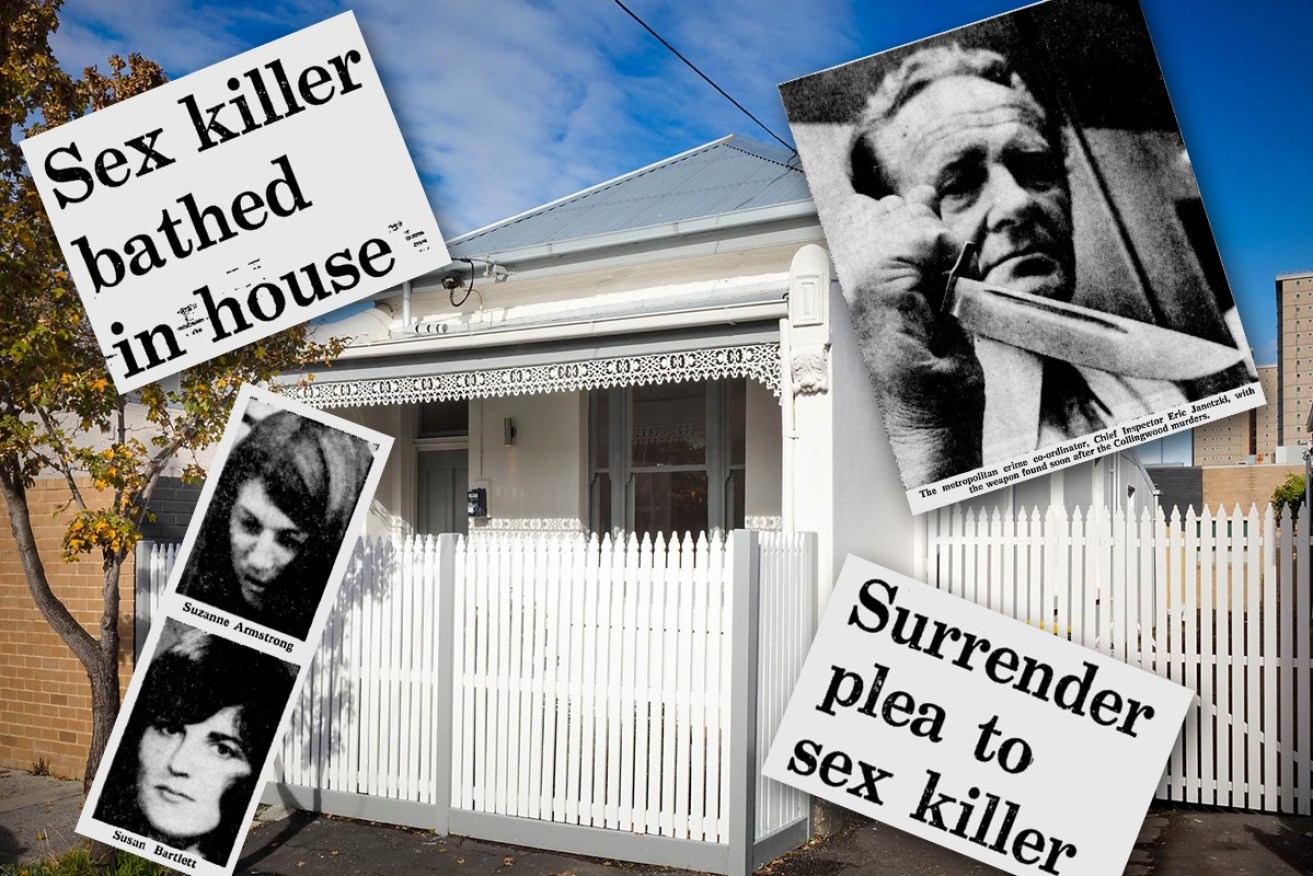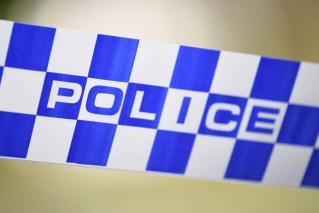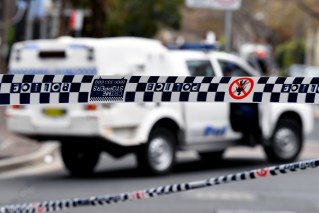Easey Street murder house sells for $1.1 million


An infamous Collingwood property has sold well above median price.
It’s not surprising to hear about a modest inner-city house going under the hammer for a disproportionately high price.
But when that two-bedroom Melbourne terrace home was the stage for one of the city’s most infamous unsolved murders, it may raise an eyebrow or two.
The crime scene of a gory 1977 double homicide, 147 Easey Street, sold earlier this month for a pretty penny.
The property changed hands before auction for $1,095,000, well above the $981,000 median price for similarly sized homes in the area.
The last time the house hit the market in 2011, it sold for almost half that at $571,000.
But despite a fresh coat of paint and a new fence, a grisly history still looms over the northside abode.
Forty years ago Suzanne Armstrong, a single mother, was sexually assaulted and stabbed to death by an unknown man.

Sue Bartlett (left) and Suzanne Armstrong (right) were found dead in the Easey Street property. Source: ABC
Her housemate, Susan Bartlett, was raped and murdered in the property’s hallway shortly afterwards.
They were only discovered when neighbours told police they could hear Ms Armstrong’s 16-month-old son Greg whimpering.
He had been left alone in the house for three days when authorities found him.
The discovery of a potential murder weapon at a nearby station, as well as details of purported persons of interest, kept the investigation in the news for months.
To this day, police are still trying to crack the cold case using modern DNA forensics to carefully eliminate persons of interest.
As late as January this year, police announced a $1 million reward for anyone that could provide information on the 40-year-old slayings.
While realtors are not expected to openly advertise the morbid history of properties, they are obliged to disclose ‘material facts’ of a home.
Such houses are referred to as ‘psychologically stigmatised property’ and includes any property wherein a death has occurred.
In Australia, this precedent was most famously explored in the NSW case Hinton v Commissioner for Fair Trading, when a realtor sold a home without disclosing that the ‘Gonzales triple murder’ had occurred there.
Murders have a much higher impact on a property’s value, compared to suicide or natural death.








